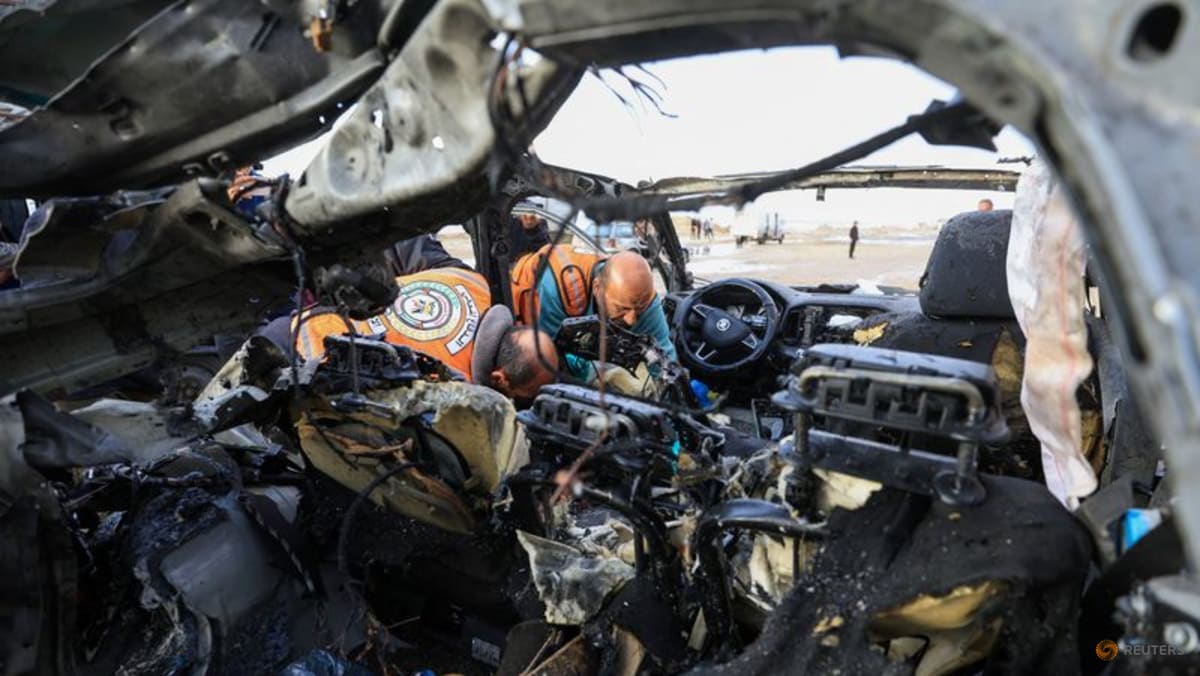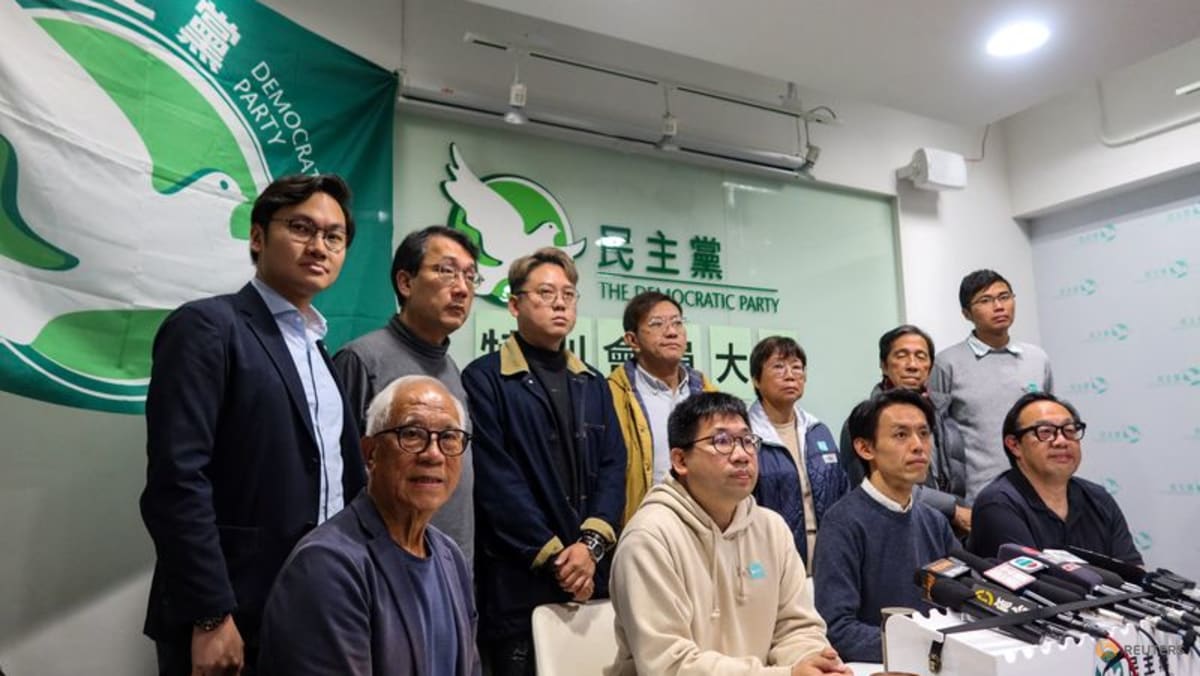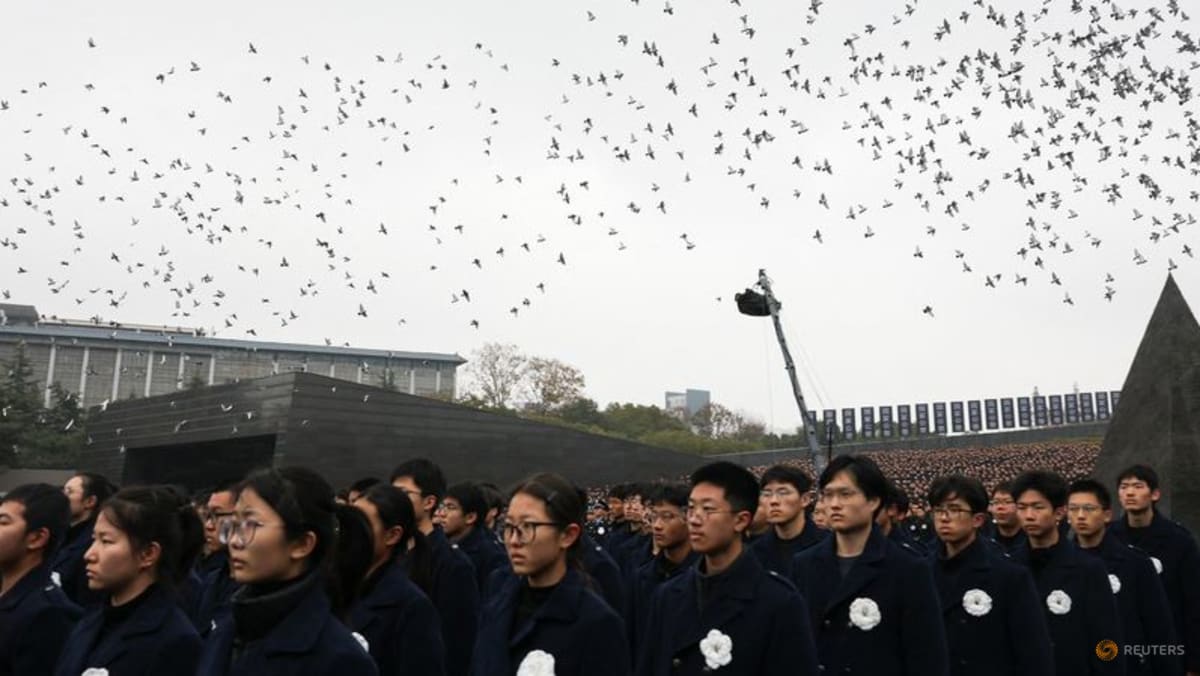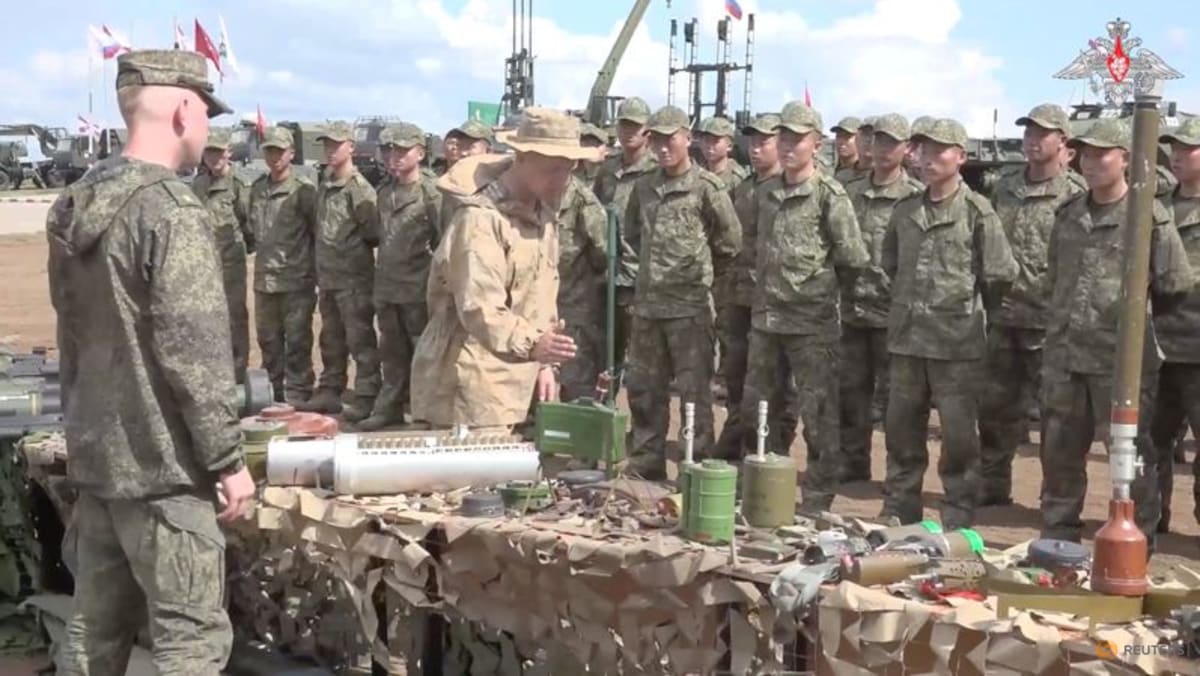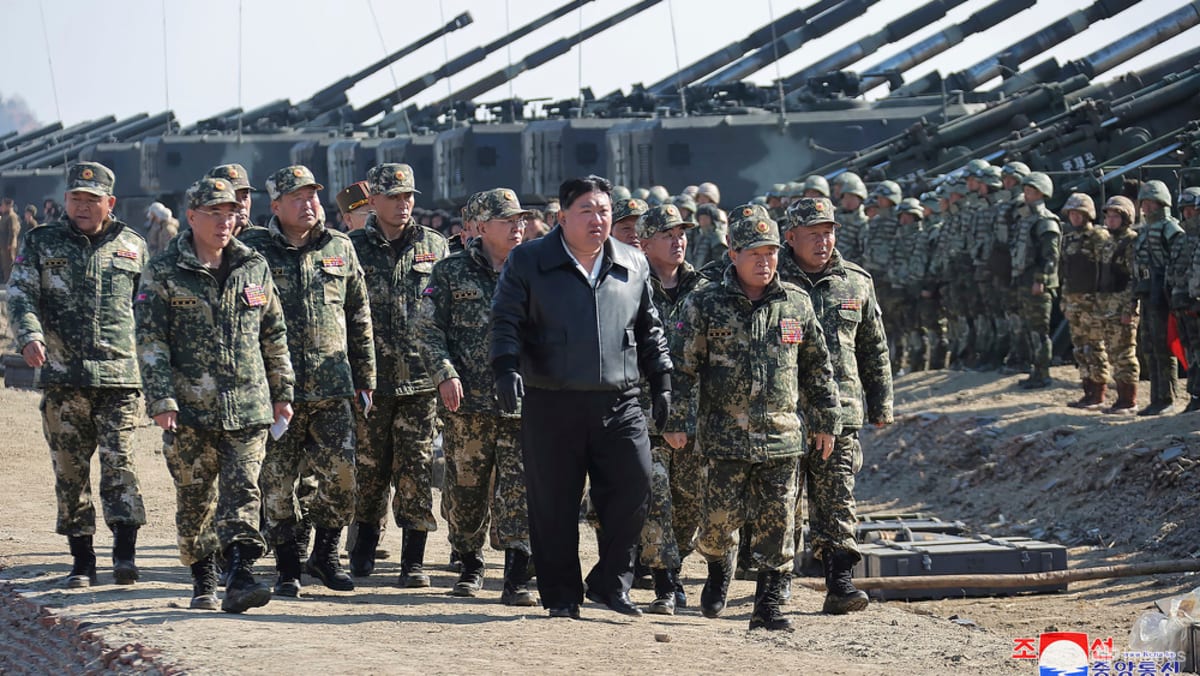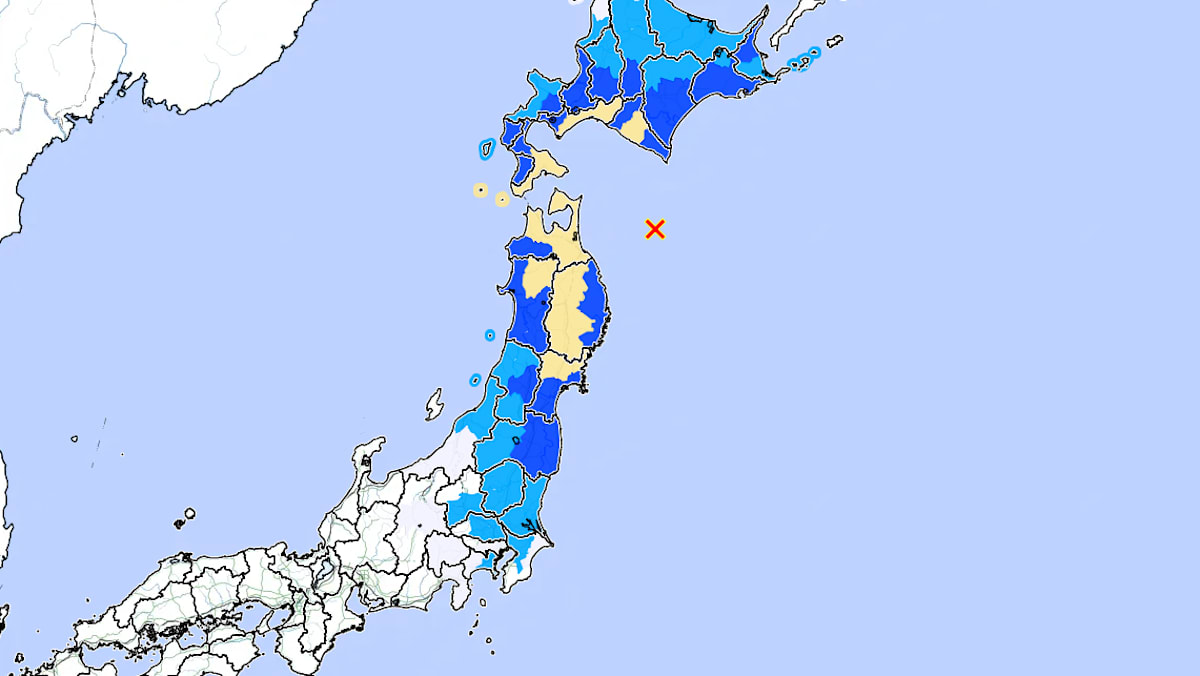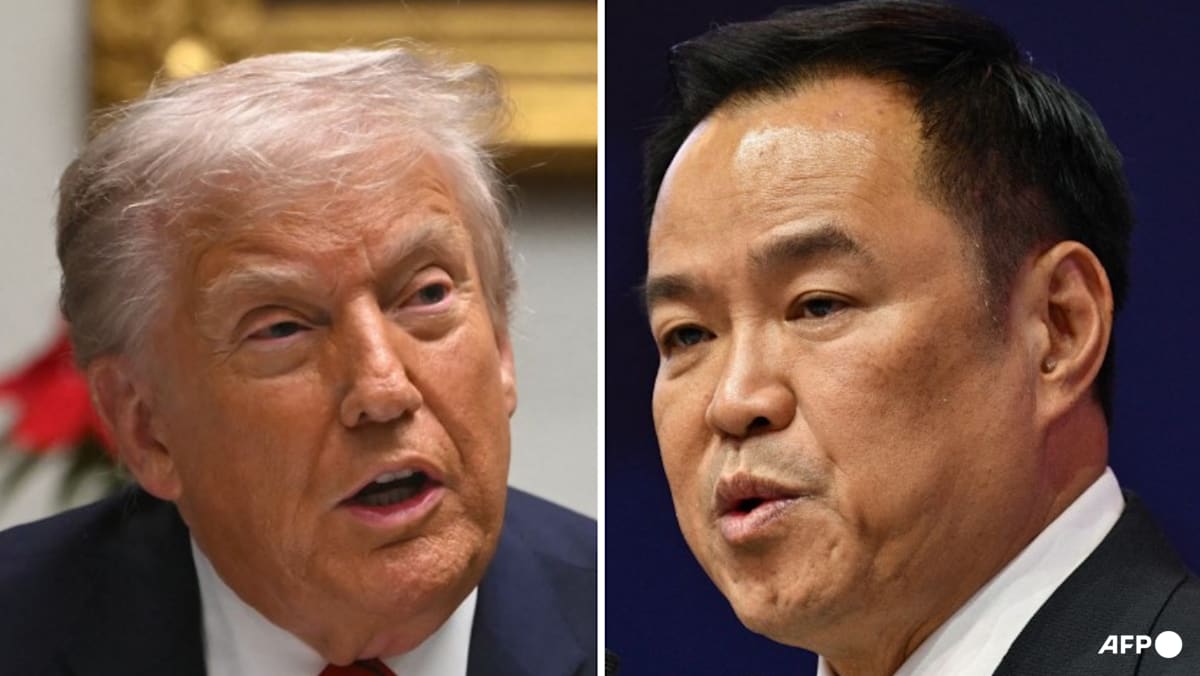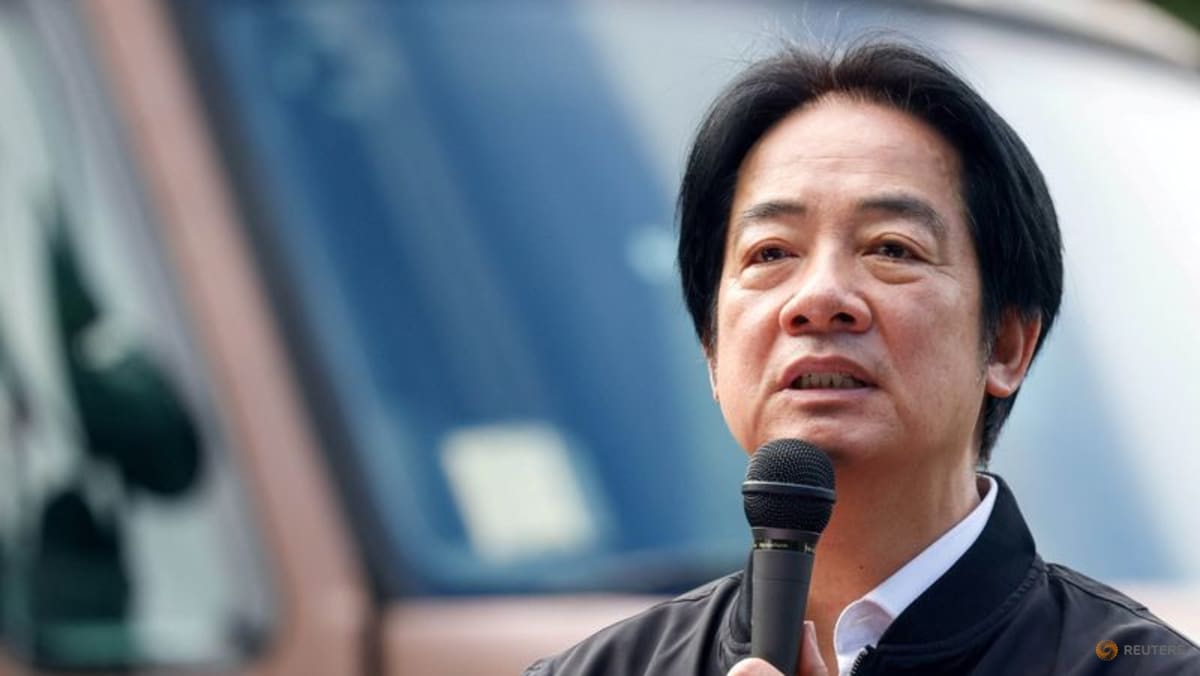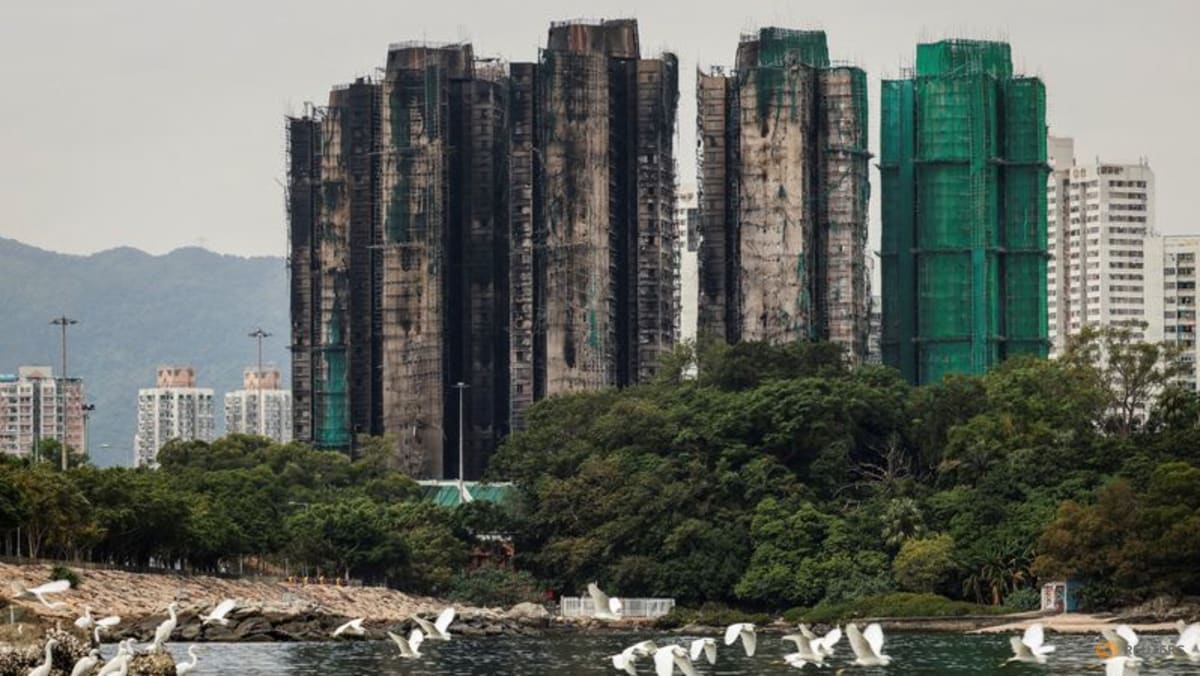Commentary: Has history left Myanmar’s Aung San Suu Kyi behind?

Indeed, over the past few years, a host of small armed groups have arisen. Many pay lip service to the NUG, or the PDF, but most act independently. They collect their own intelligence, choose their own targets and decide their own tactics. At the end of the day, these groups are unlikely meekly to surrender their arms and do as they are told by members of the so-called political elite, negotiated settlement or not.
Finally, Aung San Suu Kyi used to be the darling of the international community but her moral authority collapsed in 2019 when she defended Myanmar’s armed forces against charges of genocide at the International Court of Justice.
While still important to Western policymakers, she no longer commands the influence she once did. A new generation of leaders has emerged in Myanmar that demand greater attention.
STILL RECOGNISED AS A POTENT SYMBOL BY THE JUNTA
All that said, and as Don’s visit demonstrated, Aung San Suu Kyi is still viewed as a potent symbol by the junta, the opposition movement and ASEAN. If they can, all three are prepared to use her to pursue their own interests.
Locked up in Naypyidaw and kept incommunicado, except for carefully vetted individuals, it is difficult to know what she herself is thinking and saying (Don’s pronouncements notwithstanding).
However, one thing is clear. Politically weakened, morally compromised and deprived of a public stage she may be, but Aung San Suu Kyi cannot yet be written off as a factor in the power games being played in and around Myanmar.
Andrew Selth is Adjunct Professor at the Griffith Asia Institute, at Griffith University, Australia. This commentary first appeared on Lowy Institute’s blog, The Interpreter.
Source: CNA




